You may looking for What is the purpose of education? well, Let me introduce!
Introduction: The primary purpose of education is to develop an integral part of a person. In addition, it is the source of its apparent benefits for a better and fuller life. Not only does education contribute to the betterment of society as a whole, but it also builds a society where people are aware of their duties and rights.
Education is a cultural and an essential process of learning about everything. Through this, all human beings can develop physical abilities and cognitive abilities. Even establishes values and beliefs as well. Moreover, only a good education allows us to work as good citizens.
Why is education important?
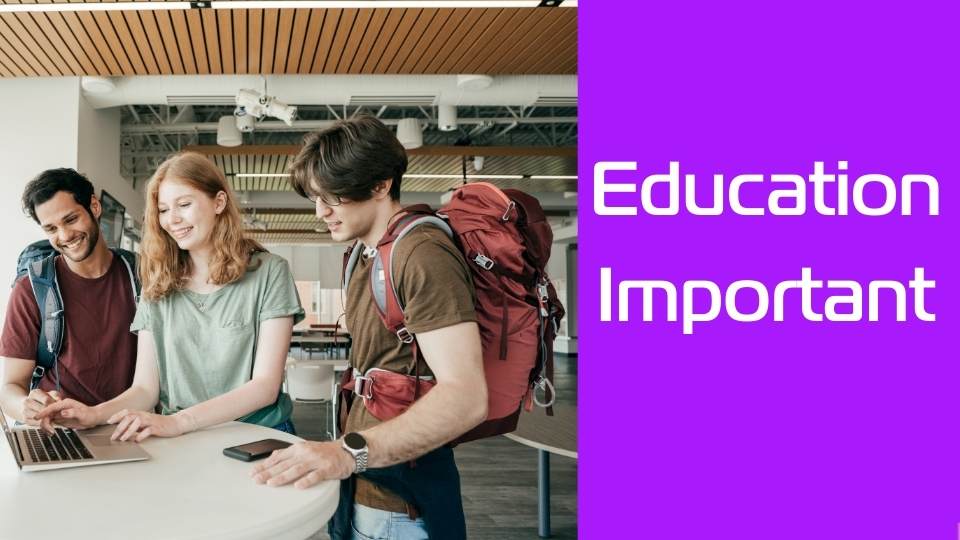
You also have to think about the goal of education; there is no other way. You may be wondering why we need education. What is the ultimate purpose of education? What is education for? Is education just important for employment?
However, thinking about education can lead to many questions. All of the above questions are discussed below. So keep reading if you want to know more about these.
At present, their governments in all countries have given equal access to education to all people. So it has significant value in various fields of human development.
Education goes beyond gaining strength or knowledge. Since it is a cultural process, it will help us better understand the context. It is usually used in the sense that it encompasses a variety of purposes and values. These include culture, cognitive development, moral values , and social cohesion.
what is the purpose of education?
Their ultimate goal is to inspire, make money, lead the way to good. But if you think these are the purpose of education, then you are mistaken. Instead, it is called teaching materials in the service of indescribable objectives.
Although the purpose of education in this modern age is to accelerate the mental progress of people, they also work in society. And they create critical thinking, and they propose ideas or projects based on the common welfare. They became skilled enough to form a balanced community.
Remember, education is a human instinct. Therefore, education is an essential process that is complex or irresistible.
Education frees people from beliefs, thoughts, and opinions. They can distinguish good from evil as if this is his primary job (teaching). On the other hand, this is an effort; they do not have to share their knowledge with others.
Non-formal education:
Although it means education outside the school, it works in contrast to formal education. But want to know how it works? Well, I mean well.
It does not follow a school curriculum and study plan approved by state agencies. Therefore, it is not certified with an academic diploma and degree.
Non-formal education is given in institutes, academies, or study centers. On the other hand, it is a private or public-based educational institution.
You can call it education gained through the advice of family members (it is lifelong). 77This includes the experience of various activities or social obligations in general. Life lessons and mistakes can teach such learning. So first of all, realize the thing with your conscience, then it is better to make a decision.
Formal education:
Formal education is learned between college and school. However, here all the students follow all the instructions as per their rules. This type of formal education is designed to follow the outline of a standard and the organized course. After the students verify themselves by appearing in the exams and exams, they are tested throughout their education.
Long-distance learning:
Distance learning is one where the student does not have the opportunity to participate in the class individually. And the funny thing is that distances do not limit the educational process. Not to mention that they are part of formal university education. They get formal education but not in practice online (currently, online classes are available in all countries). They can learn online and take exams with class preparation in class.
The funny thing is that they get the freedom to sit at home and enjoy the space. (Hahahaha, I need to take classes of this type) However, this type of education, in many cases, uses resources and methods of study. On the other hand, they are based solely on information and communication technology (ICT).
What is the meaning of education, and what is the ultimate purpose?
The ultimate goal of education is to build a better society. However, education is a continuous process and is passed down from generation to generation. Therefore, it does not end, and it will last a lifetime. People are constantly learning new things and strengthening themselves with knowledge. They can communicate with people and discuss their ideology and move towards betterment. Again they interact with people; they exchange cultural experiences and diversity.
Western philosophers such as Plato, Socrates, and Aristotle are considered the first educators of great genius. Only they apply different methods in the development of education (and many, many great Muslims contribute more than them in this sector). That is why it is said that it has also contributed to the development of critical thinking.
The first school to be established was Plato’s Academy, and even now, it is considered a model test for schools and universities. Teaching, learning, and learning methods are objects of study in pedagogy. It takes into account both informal and formal education.
Introduction to education:
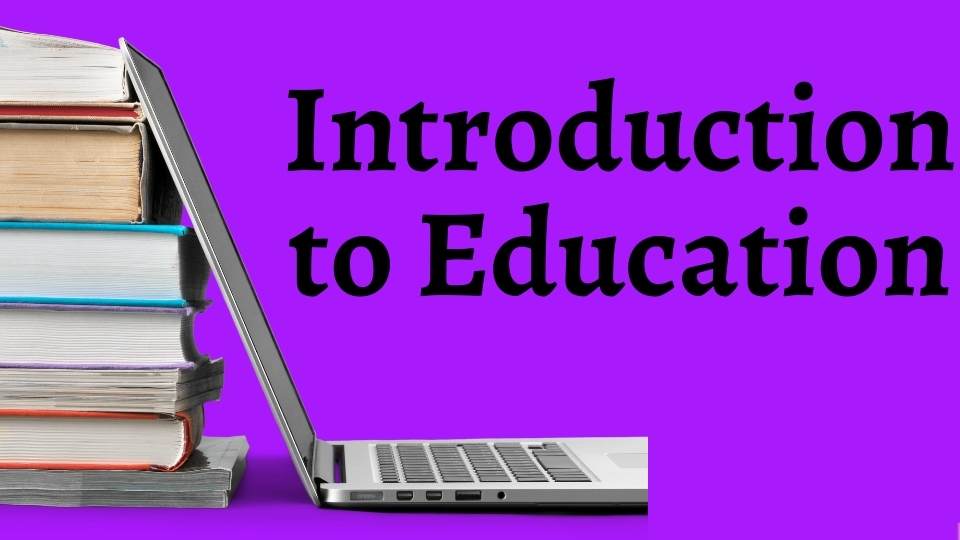
Education plays its role in the competition, quality development, and improvement of life. On the other hand, you can only achieve this through education among all people. Its learning methods and tools are inextricably linked with the use of communication and information technology.
The importance of education in society:
Education is one of the factors that affect the progress and advancement of people and society the most and imparting knowledge and education. It’s enriches the culture, consciousness, values , and everything that identifies us as human beings.
Education in the twenty-first century:
Twenty-first-century education focuses on personalization, cooperation, equality, communication, and community relations. These skills are essential for a rapidly changing global economy. Because here, students will be trained for jobs that are not yet in practice. So education can be the most potent transformation tool that exists as it allows the promotion of human rights and sustainable development. So, in the same way, it focuses on building a more just and equitable future for all people.
According to Malala Yousafzai, What is the purpose of education?
In Malala, girls are called education workers, and she is known worldwide by this name. Malala jumped into the international arena in 2012. He was then shot in the head by a Taliban militant group. The funny thing is that he still didn’t give up. Instead, he does it with the courage to speak of the education of girls and women. According to him, education aims to build a capable society and create in people the ability to think and develop a progressive attitude.
That experience did not stop her from defending girls’ education. And he continued his mission until after his recovery and transfer to the UK. Malala was awarded the Nobel Peace Prize in 2014. From then until today, he gained the reputation of being the youngest person to win it.
Read Also: What is Health Education(Update 2021)
Then in April 2014, the United Nations named him Messenger of Peace.
She said the fund was set up with the goal of “creating a world where all girls can learn without fear.” However, teaching is not effective unless we understand it only as of the transmission of knowledge. However, teachers turn to ideas. And we have to go one step further by limiting students to memorizing them. However, the education of Malala’s champions creates a critical, active attitude.
We have heard before in history books that some people have died to defend their right to education. Can you imagine now that any parent can ‘park’ their children at school and go to work? And does this defense only work to create an education system?
Malala’s goal, and the goal of many more, is to fight for the right to education. But, of course, they will go much further. We must demand an education system that makes our children responsible, creative, capable, and critical citizens.
Because “a child, a teacher, a book and a pencil can change the world.”
Conclusion: what is the purpose of education
It should be noted that abuse of power and freedom derived from education is limited to avoiding respect for others. In this sense, education seeks that people live a whole and dignified life. Be confident in knowing what their best options are. They will contribute in the future to contribute to a better society. Where people understand what their duties and rights are as citizens.
However, education must lead those who have extensive knowledge in various fields to lead. The principal plays the most crucial role in providing education as a teacher, parent, or specialist. It also means excellent perseverance and discipline on the student, necessarily or the apprentice in general.
Now you consider these aspects, but the purpose of education is to follow the essential pillars of society then work on it correctly. Not only that, it teaches to follow and respect the state policy of a country. And to me, it plays a massive role in the development of the nation. However, it is never possible to say that education contributes to the development of society. Opposing an educated value, the organization gives the courage to fight against human rights violations due to injustice and ignorance.
Read Also: What is vocational education?
Thanks for being with me for so long. If you have any comments on this topic, please let us know and let us know in the email or comment box.
Hopefully, this blog post has been useful in figuring out what is the purpose of education. Happy Learning!
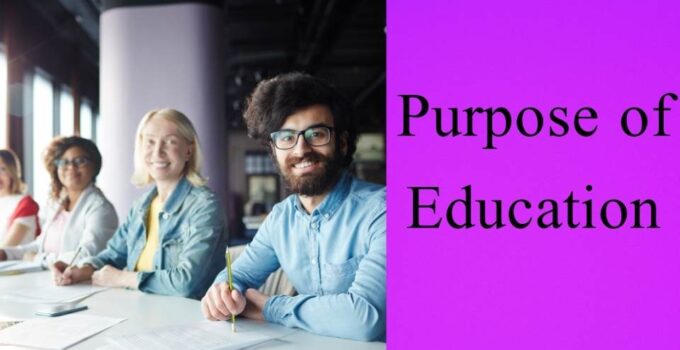
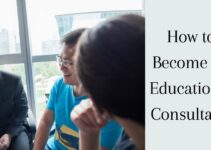

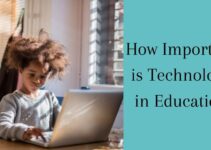
No Responses